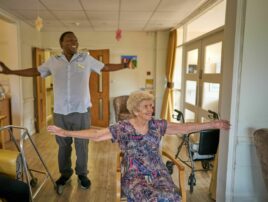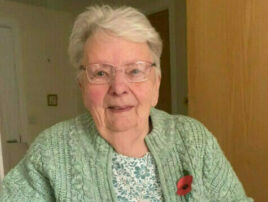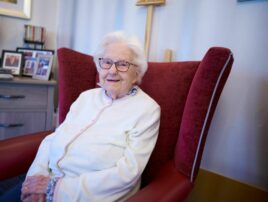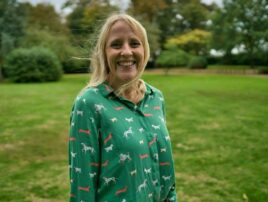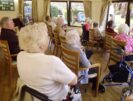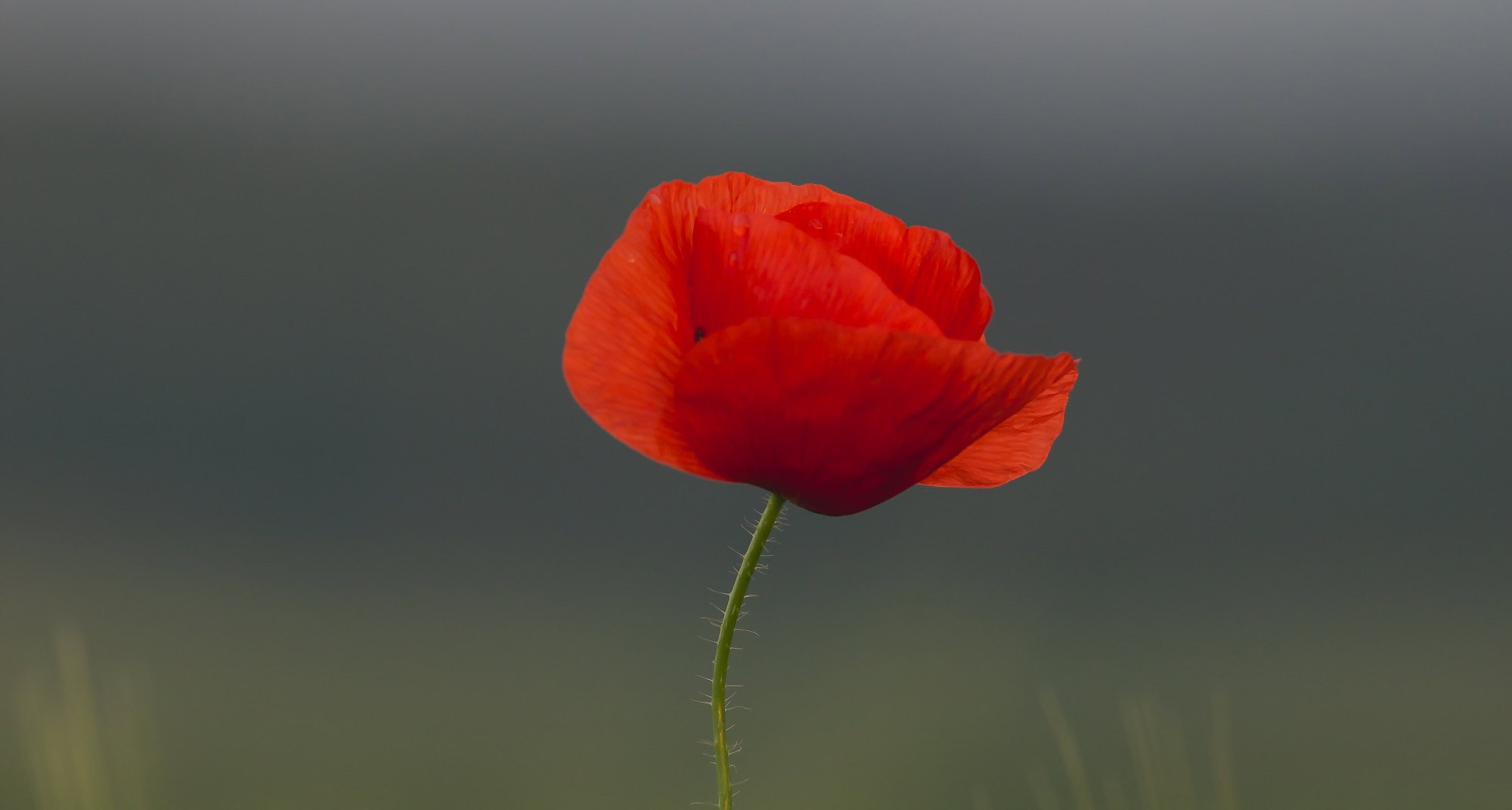
Thursday 14th January 2021
What have we learnt that can bring a ‘new normal’ in the New Year?
Louise Morse
'What do we need to learn, going forward into the New Year?’ I was asked recently. I said that we’d already learnt valuable lessons and that if we acted on them 2021 would not only be a much happier year but the start of the ‘new normal’ that people are longing for.
So what have we learnt? And what can you we take from it that would shape a good ‘new normal’? Google ‘what have we learnt from the pandemic?’ and hundreds of answers spring up in less than a second. Many are about technology, the interconnectedness of societies and political systems and the importance of ‘listening to data’. It reminds me of a supernatural storm that blew up in a lake in Galilee. Experts in that particular data were in a boat on the lake at the time and they knew it meant death by drowning. So they woke up the Man sleeping in the stern, who happened to be the Creator of all data, who scanned it, said ‘really?’, and told it to go away.[i]
Some lessons are crystal clear: we know that care homes and carers, like NHS staff, are amazing, and that people caring for loved ones in their own homes are heroes. Same for cleaners, porters, supermarket employees, delivery drivers, postmen and other essential workers who keep us going. Celebrities suddenly became superficial and irrelevant.
We learnt that care homes are essential for older (and disabled) people who, because of their frailties, cannot look after themselves. ONS statistics show that care homes are safer places for frail elderly than their own homes. (See graph)
We learnt that ageism was alive and well in high places when the government instructed the NHS to release thousands of elderly patients into care homes without Covid tests to release beds for the younger. There were over 25,000 extra deaths in care homes – that is, those above the expected norm – within weeks. It raised awareness of ageism to the point that journalists began to question whether it was time we challenged ‘underlying cultural values.’
We learnt that when the outstanding things done by older people got publicity, that world would stand to its feet. When 99-year-old Captain Tom Moore walked over 100 laps of his garden with his walking frame, to raise money for NHS charities he received global applause. There were others, less well known, such as 104-year-old Ruth Saunders in Berkshire who completed a 26.2-mile walk at Newbury Racecourse for charity the day before the second lock-down.
We learnt – really, really learnt, that God designed people with a deep, innate need to be with other people, to share experiences and lives. All the research shows that people who are more connected are happier and healthier, and that loneliness brings mental and physical illness and early death. Social distancing damages us. Also, we are tactile beings: we need human touch. When Covid is finally defeated we can begin give the little touches that make a big difference – we can shake hands again, hug, touch faces, stroke shoulders and arms and all the other acts of social closeness that make us human.
We learnt from thousands of acts of kindness during the pandemic that man is made in God’s image, whether ‘he’ realises it or not, and even though that image is marred.
We learnt that society needs older people. Psychiatrist Max Pemberton wrote, ‘While children are our future, they [older people] are the custodians of the past and the foundation of our society. They faced many hardships in the post-war years, helped consolidate the welfare state, and through hard work provided the bedrock for a sound economic future. So to the older generation I say: ‘keep protecting yourselves. Your country needs you.’ If older people stopped volunteering, most charities would collapse.
My new normal would be one where older people are respected for their wisdom and expected to live the role God intended, where social care for the frail and disabled is properly funded, and where ageist attitudes are exposed and outlawed, as with any ‘ism’.
As new rapid tests help us gain control of the virus and new vaccines promise to eradicate it, what would you like to see as a ‘new normal’? Answers by email, please, to louise.morse@pilgrimsfriend.org.uk
[i] With acknowledgement to Jackie Bridgen, see louisemorse.com/the-storm-after-the-calm/

